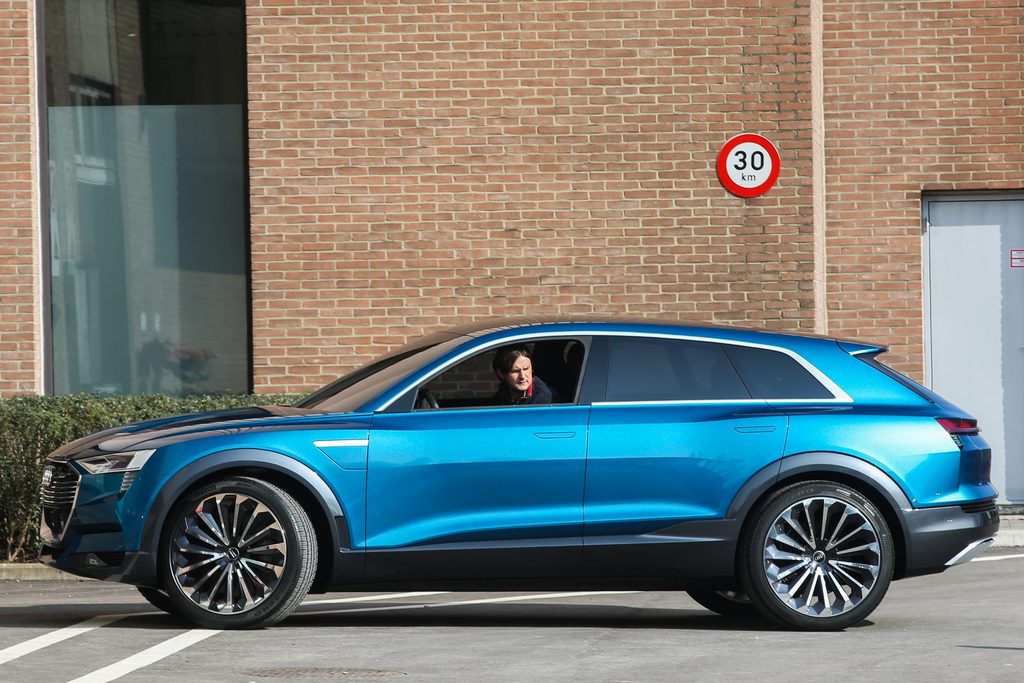Large vehicles such as pick-up trucks and sports utility vehicles (SUVs) are becoming increasingly common in Brussels. But given the safety problems, pollution, and congestion that come with oversized vehicles, the city is tightening legislation to ensure these heavy vehicles are only used for business purposes.
Pick-up trucks used for business purposes in the Brussels-Capital Region enjoy a favourable tax regime. However, in recent years, a rise in pick-up type vehicles for leisure and non-professional purposes has been noted. The Brussels parliament's Finance Committee this week approved a text to tighten the tax regime for pick-ups registered in the region to discourage people from buying them.
"The range of pick-up-type vehicles has diversified with models that, while still meeting the tax definition of a light truck, have all the luxuries of a private vehicle," the Brussels-Capital Region Government explains in detail in the ordinance to change the tax regime. "But they remain enormously heavy vehicles that take up a lot of space and are polluting (due to the power of their engine). This makes them very popular vehicles with certain enthusiasts who are encouraged in this by the favourable tax regime applicable to light trucks."
The government argued that when used for non-professional purposes, such vehicles are incompatible with the city's urban context, where roads are narrower roads and there is limited parking space, for example.
More than 2,300 pick-ups
In the 2022 tax year, 2,362 pick-ups were registered, but 13.46% of the total fleet of these vehicles was not used in the context of professional activity, meaning more than one in ten owners of such vehicles was enjoying a favourable tax regime without being entitled to it.
From 1 January 2025, only taxpayers carrying out a professional activity, legal entity taxpayers, or individual taxpayers who are registered as companies with the Crossroads Bank for Enterprises can enjoy the favourable regime applicable to vans. For the owners who do not fall in this category, the tax will rise from just under €150 to several thousand euros.
The Brussels-Capital Region Government is also investigating possible ways of combatting the growth in the number of cars and pick-ups. These include taxing cars by weight or volume, raising parking charges, and even outright bans on pick-ups around schools or across the region.
Rise in tax for all cars
The same ordinance passed this week also validates the indexation of registration tax for vehicles of all sizes. The tax will increase by 22% on 1 July 2024. This tax has not been indexed since 2020, while Brussels' Walloon and Flemish neighbours have already introduced such a tax change in 2022 and 2023, respectively.
The ordinance states that, while this indexation will certainly lead to an increase in the tax burden for taxpayers, it will not have a disproportionate effect as the tax in question is only payable once when the vehicle is registered.
According to its estimates, the regional government hopes to increase tax revenues by at least €3.5 million for registration taxes paid between 1 July 2024, when the legislation comes into force, and 31 December 2024.

